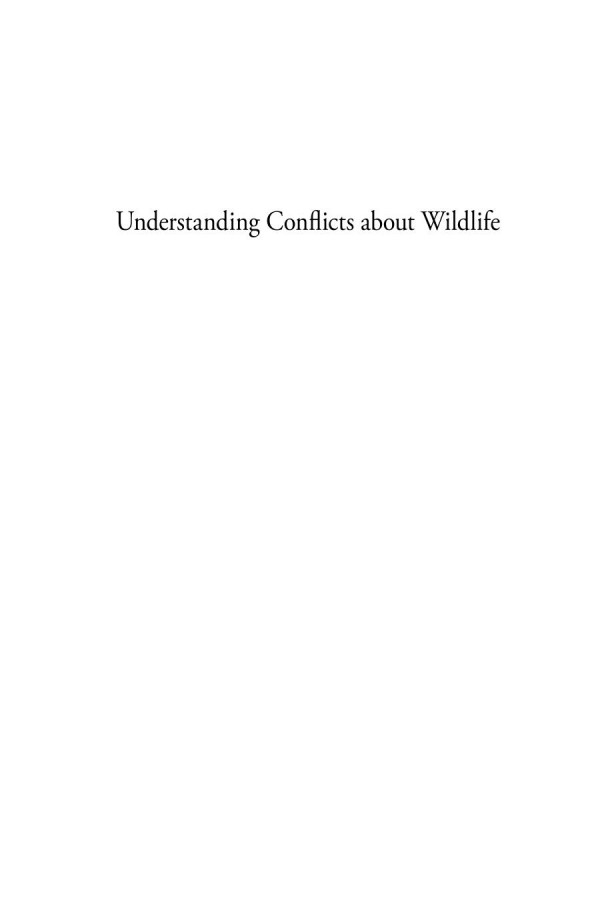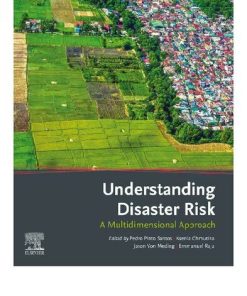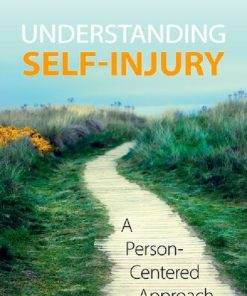Understanding Conflicts about Wildlife: A Biosocial Approach 1st Edition Catherine M. Hill
$50.00 Original price was: $50.00.$25.00Current price is: $25.00.
Understanding Conflicts about Wildlife: A Biosocial Approach 1st Edition Catherine M. Hill – Ebook Instant Download/Delivery ISBN(s): 9781785334634, 1785334638

Product details:
- ISBN 10: 1785334638
- ISBN 13: 9781785334634
- Author: Catherine M. Hill
Conflicts about wildlife are usually portrayed and understood as resulting from the negative impacts of wildlife on human livelihoods or property. However, a greater depth of analysis reveals that many instances of human-wildlife conflict are often better understood as people-people conflict, wherein there is a clash of values between different human groups. Understanding Conflicts About Wildlife unites academics and practitioners from across the globe to develop a holistic view of these interactions. It considers the political and social dimensions of ‘human-wildlife conflicts’ alongside effective methodological approaches, and will be of value to academics, conservationists and policy makers.
Table of contents:
1. People, Perceptions and ‘Pests’: Human-Wildlife Interactions and the Politics of Conflict
2. Block, Push or Pull? Three Responses to Monkey Crop-Raiding in Japan
3. Unintended Consequences in Conservation: How Conflict Mitigation May Raise the Conflict Level—The Case of Wolf Management in Norway
4. Badger-Human Conflict: An Overlooked Historical Context for Bovine TB Debates in the UK
5. Savage Values: Conservation and Personhood in Southern Suriname
6. Wildlife Value Orientations as an Approach to Understanding the Social Context of Human-Wildlife Conflict
7. A Long-Term Comparison of Local Perceptions of Crop Loss to Wildlife at Kibale National Park, Uganda: Exploring Consistency Across Individuals and Sites
8. Conservation Conflict Transformation: Addressing the Missing Link in Wildlife Conservation
9. Engaging Farmers and Understanding Their Behaviour to Develop Effective Deterrents to Crop Damage by Wildlife
10. Using Geographic Information Systems at Sites of Negative
People also search:
a biopsychosocial approach
a biopsychosocial-ecological framework for family-framed dementia care
the biosocial approach
a biopsychosocial model
biosocial approach
You may also like…
Medicine - Cardiology
Uncategorized
The Practice of Clinical Echocardiography 5th Edition by Catherine Otto 0323401252 978-0323401258
Romance - Paranormal Romance
Education Studies & Teaching
Medicine
Valvular Heart Disease: A Companion to Braunwald’s Heart Disease 5th Edition Catherine M. Otto












